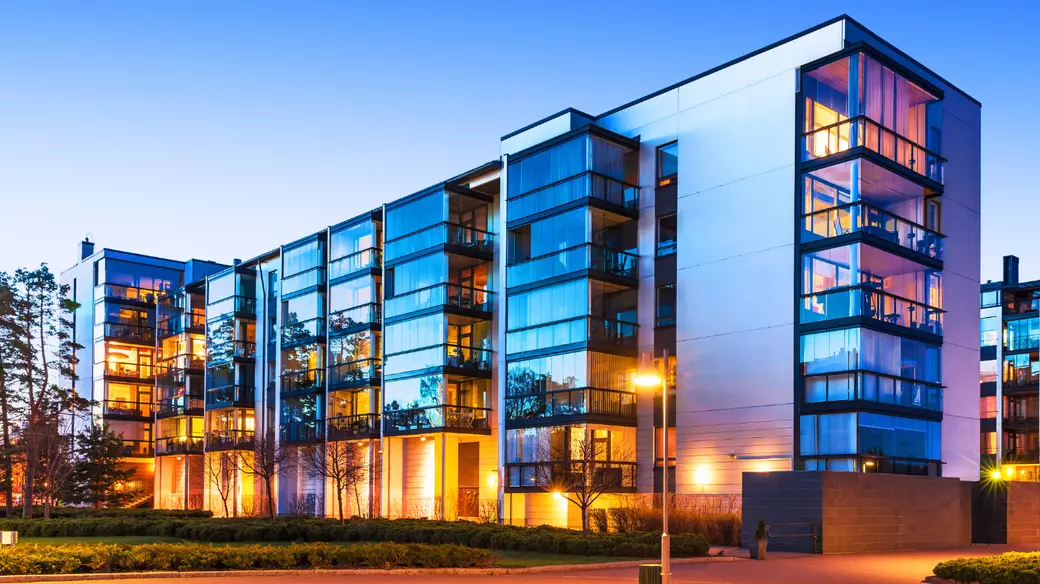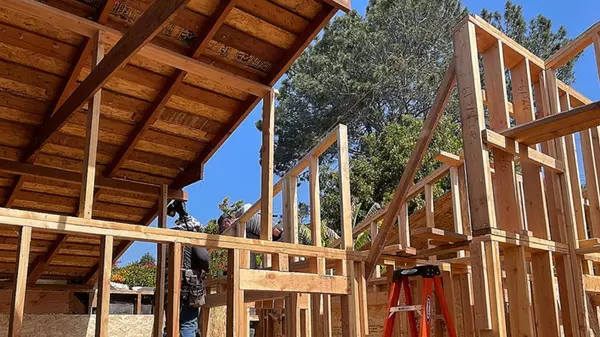When it comes to property development, understanding zoning regulations is essential. Whether you’re looking to build a residential property or a commercial one, zoning laws play a key role in determining what you can and cannot do with the land. Although residential and commercial properties serve different purposes, the zoning requirements for each can sometimes overlap. In this blog post, we’ll explore the key differences and similarities between residential and commercial property building purposes and zoning.
Residential Property Zoning
Residential zoning is designed to regulate land use for housing purposes. These properties are typically designated for people to live in, and the regulations ensure that the area remains conducive to residential living. There are different types of residential zoning classifications, such as:
- Single-family residential zoning (R1): This allows for one home to be built on a plot of land.
- Multi-family residential zoning (R2, R3, etc.): This allows for more than one dwelling unit on a property, often designed for apartments or townhomes.
- Mixed-use zoning: This can combine residential with commercial elements, such as ground-floor retail with residential units above.
Residential zoning laws are focused on maintaining the quality of life for residents, limiting noise, and controlling building density, among other factors. These areas often have restrictions on things like the height of buildings, the number of units allowed on a parcel, and the kind of structures permitted.
Commercial Property Zoning
Commercial property zoning is focused on areas used for business activities. This includes retail spaces, office buildings, restaurants, and more. The goal of commercial zoning is to ensure that businesses operate in areas that are suited for commerce while also minimizing the impact on nearby residential areas. Commercial zoning can include classifications such as:
- Retail or business districts: Areas designed for shops, restaurants, and small businesses.
- Office zoning: Areas designated for office buildings, typically seen in business districts or office parks.
- Industrial zoning: This zoning is for factories, warehouses, and other large-scale industrial buildings.
Commercial zoning regulations are typically more lenient than residential zoning, as the nature of business activities can vary widely. These regulations often cover things like parking requirements, signage restrictions, and the building’s proximity to surrounding properties.
Similarities Between Residential and Commercial Zoning
Although residential and commercial zoning serve different purposes, there are some similarities:
- Building Codes: Both types of properties are subject to local building codes that dictate safety standards, structure requirements, and environmental concerns.
- Use Restrictions: Both residential and commercial zoning restrict certain types of use to ensure that the land serves its intended purpose. For example, you can’t run a factory in a residential zone, just as you can’t build a house in a strictly commercial zone.
- Permitting: For both residential and commercial properties, getting a building permit is often required before construction can begin. This process ensures that the property complies with zoning regulations and local laws.
- Density Regulations: Zoning laws for both residential and commercial properties will include limitations on building size, height, and lot coverage to ensure proper land use and avoid overcrowding.
Key Differences Between Residential and Commercial Zoning
The main differences between residential and commercial zoning stem from the intended use of the property:
-
Purpose: Residential zoning is aimed at creating areas for people to live, while commercial zoning focuses on accommodating business operations. The activities allowed within each zone are different, with residential zoning focusing on homes and commercial zoning allowing for offices, retail, and industry.
-
Regulations: Commercial zoning typically has more flexible rules regarding building size and density compared to residential zoning. However, these can vary depending on the specific commercial category (e.g., office space vs. retail vs. industrial).
-
Parking and Traffic: Commercial properties often face stricter parking requirements and traffic regulations due to the volume of people expected to visit businesses. In contrast, residential zoning has fewer restrictions on parking, though multi-family areas may still have some guidelines.
-
Noise and Impact: Commercial zones often have less stringent noise restrictions than residential zones. This allows for activities that may generate noise, such as manufacturing or large-scale retail operations, which would not be suitable for residential areas.
Choosing the Right Property with the Right Zoning
Choosing the right property with the appropriate zoning can be tricky, especially if you’re unsure of what zoning classification aligns with your intended purpose. Whether you’re looking to build a dream home or start a new business, zoning is a critical factor in ensuring that your plans go smoothly.
If you’re considering purchasing land or developing property, I can help guide you through the zoning process to ensure that you choose a property that aligns with your goals. With my expertise in navigating zoning laws and understanding the complexities of property development, I can help you make an informed decision that ensures your investment is a success.
Contact me today to discuss how I can help you select the right property with the right zoning for your needs. Let’s make your dream property a reality.













